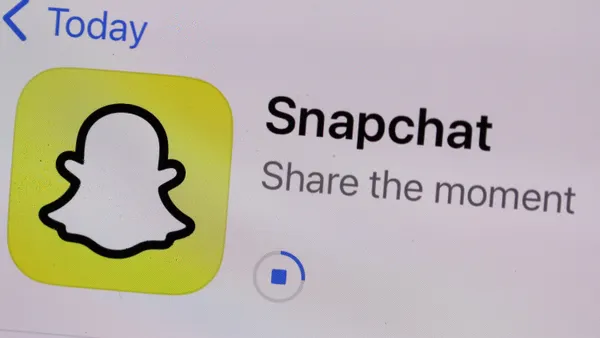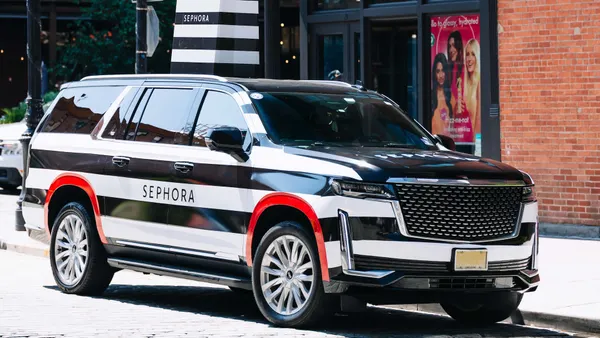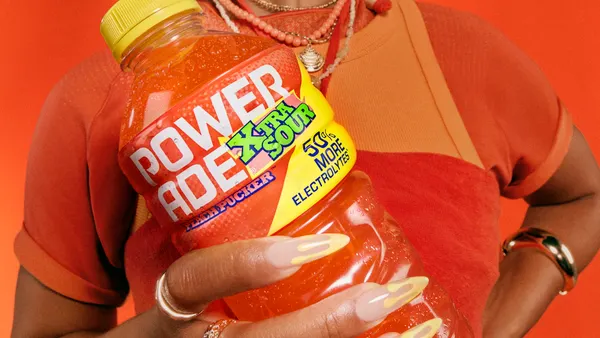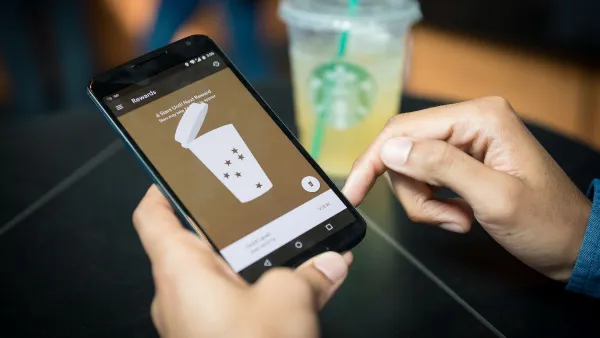Brief:
- Sprout Foods, a maker of organic baby foods, created an app for Amazon Alexa to help new parents with the hassle of meal time and to guide them on how to encourage their kids to eat healthier, according to a press release shared with Mobile Marketer.
- The Sophie Sprout skill plays songs about fruits, vegetables and plant-based proteins, and was created with agency Walrus to spark an interest in healthy, whole foods. A "Mealtime Adventure" feature guides parents and kids through the classic "here comes the airplane"-style spoon-feeding game to get their children to eat more.
- The skill also lets users eat a baby food pouch along with its main narrator, a talking plant named Sophie Sprout that urges young children to take sips along with certain sounds. Sprout plans to create a similar voice-enabled app for Google Home.
Insight:
Audio skills for kids are the fastest-growing category of apps for voice assistant Alexa that runs on Echo smart speakers, Amazon reports. The e-commerce giant now has hundreds of kid-targeted voice skills in the U.S. after launching the Echo Dot Kids Edition in May and hosting a contest for developers of voice skills made for kids, according to Sprout.
The average smart speaker user currently is an affluent, older millennial male that's an early adopter of new technology. However, smart speakers are beginning to gain mainstream popularity among other demographic groups, particularly younger Gen X women with children, researcher eMarketer found. The Sophie Sprout skill comes on the heels of Sony's kid-focused "Hotel Transylvania 3: Summer Vacation" Alexa skill announced last week to promote a new movie and provide additional content for young fans. Universal, HBO and Marriott are among the many brands that have also rolled out entertainment skills that are powered by the smart speaker system.
Amazon's Echo is the most popular smart speaker in the U.S., followed by Google Home, according to eMarketer's research. As Amazon and Google vie for control of the burgeoning market, the number of U.S. smart speaker users is forecast to grow about 48% a year between 2016 and 2020, from 16 million to 76.5 million. Consumers are still most likely to voice assistants on smartphones, but the integration of the tech into more home devices such as lights, thermostats and alarm systems will likely help to drive more widespread adoption as the tech becomes more sophisticated and able to handle a variety of everyday tasks.











